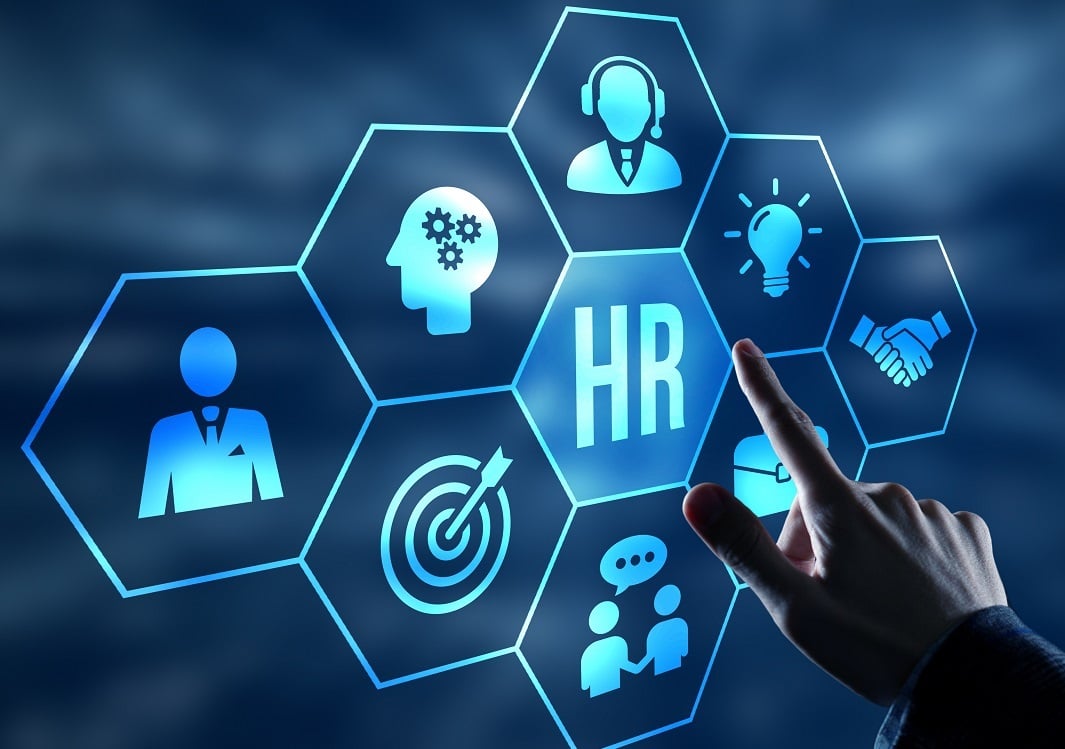Running a small business is exhilarating, but juggling everything from sales to marketing to, well, everything, can feel like spinning plates. Guess what often gets dropped first? Human Resources. Many small business owners think HR is just for big corporations, a complex web of paperwork and compliance best left for later.
But what if I told you that implementing the right HR system could be the secret weapon to unlock your business’s full potential? An HR system for small businesses is simply a set of tools and processes designed to streamline HR tasks – from onboarding new employees and managing payroll to tracking performance and ensuring compliance.
In this article, we’ll demystify HR systems, explore the options that best suit small businesses, and show you how to choose and implement a solution that saves you time, money, and headaches, ultimately allowing you to focus on what you do best: growing your business.
HR Systems for Small Businesses: Streamlining Your People Management
Running a small business is a juggling act. You’re wearing many hats, from sales and marketing to customer service and, of course, managing your employees. Effective HR processes are vital, but they can consume a significant amount of time and resources.
That’s where HR systems come in. These tools can automate numerous HR tasks, allowing you to concentrate on growing your business. Let’s delve into how these systems can revolutionize your people management.
Consider this your roadmap to understanding HR systems and how to select the right one for your specific needs. Think of it as a guide to unlocking efficiency and productivity for your small business.
This article will explore the benefits, features, and selection process, giving you all the knowledge you require. Ready to simplify your HR and focus on expansion? Let’s get started!
What are HR Systems and Why are They Important for Small Businesses?
At its core, an HR system is a software solution designed to manage and automate various HR functions. It’s a centralized hub for all things related to your employees, from onboarding to payroll and performance management.
For small businesses, the significance of such a system cannot be overstated. It centralizes employee information, making it readily accessible and organized. Think of it as your digital HR assistant, available 24/7.
Without a dedicated system, HR tasks can become chaotic and prone to errors. HR Systems offer improved data accuracy, reducing the risk of costly mistakes in payroll or compliance.
By automating routine tasks, an HR system frees up your time to focus on strategic initiatives. This could be anything from talent acquisition to employee development. In essence, it allows you to work on your business, not just in it.
Key Features to Look for in an HR System

Choosing the right HR system depends largely on your particular business requirements. Some of the most common features include onboarding and talent acquisition tools.
Payroll processing is another crucial element. Many systems offer seamless payroll integration, automating deductions, tax calculations, and direct deposits. This minimizes errors and saves countless hours.
Benefits administration is often a complex task. A good HR system simplifies the process of managing employee benefits, such as health insurance, retirement plans, and paid time off.
Performance management is enhanced with feedback, reviews, and goal-setting. HR systems give you insights into workforce performance, identifying high achievers and areas for improvement.
Time and attendance tracking is another important element. This allows for accurate work hours and can integrate directly into payroll systems.
Benefits of Implementing an HR System
The advantages of integrating a HR system are multifold. Automation decreases the time spent on manual, repetitive tasks. Freeing up crucial employee resources for important projects is key to efficiency.
Improved data management enhances data accuracy and ensures compliance with labor laws. Centralizing data reduces the likelihood of errors and simplifies reporting processes.
Better employee experience: A well-implemented system can enhance the employee experience. Self-service portals empower employees to manage their information, request time off, and access company resources.
Scalability is another major benefit. As your business grows, an HR system can scale with you, adapting to your evolving needs. This avoids the need for constant system upgrades or replacements.
Choosing the Right HR System for Your Small Business
Selecting the best HR system needs careful consideration. Begin by assessing your current needs and future growth plans. What specific HR challenges are you trying to solve?
Establish a budget to guide your search. HR systems vary in price, so knowing your budget will help you narrow down your options. Factor in the costs for implementation, training, and ongoing support.
Research different providers and read reviews. Look for systems that are specifically designed for small businesses. Consider industry-specific solutions that cater to your unique requirements.
Check for software integrations. Ideally, your HR system should integrate with other software you use. Payroll and accounting are essential, while marketing and project-management are ideal.
Don’t hesitate to ask for a demo or trial period. This allows you to test the system firsthand and see if it meets your needs. This gives you insight on integration and ease of learning.